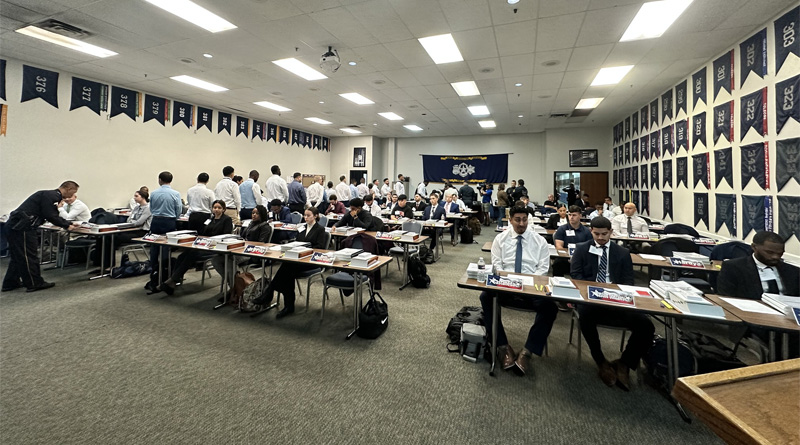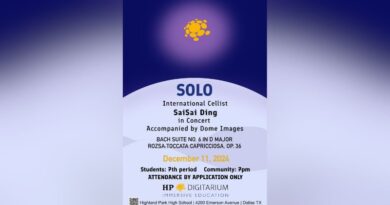Charter Election Leaves Dallas Leaders With Work, Lessons
Preston Hollow voters explain support of massive police hiring proposition
In September, the Dallas Police Department welcomed its largest recruiting class since 2019, with Class 402 bringing in 62 recruits to begin the journey of becoming police officers.
On Nov. 15, Class 398 graduated 30 new officers, including recruits from California, North Carolina, Arizona, Nigeria, and Tanzania, the department reported.
“When you arrive at your substation, the real work begins,” Interim Chief Michael Igo told the new officers. “Now the actors are real people … and what was once reality-based training will become the reality you will face every day.”
The department faces a new reality — a monumental hiring task after voters approved a proposition on Nov. 5 that requires the city to increase the force to 4,000 officers, up from about 3,120 as of November.
Preston Hollow resident Kim Nelson supported Proposition U — despite unified opposition from Dallas’ living mayors and others warning it would hinder city leaders’ ability to budget and serve residents.
“It’s apparent those who represent our neighborhoods don’t have our best interest in mind,” Nelson said. “They’re approving a contract of $6 million to count trees but don’t want to supplement our police force.”
Bob Ginsburg offered a different perspective.
“Of course, if you ask the public, ‘You want more cops, don’t you?,’ everyone is going to nod their head and say yes, but even after this passage, the question remains of how we’re gonna get there,” the Preston Hollow resident said.
Nelson thinks that if citizens would more closely watch where their tax money is going, the path forward would be clear.
“When I hear about my neighbor’s wheels being stolen from their car parked in plain sight in their driveway, and the nightly news reports one burglary or assault after another, it makes me question if the priorities, and the money, are in the right place,” she said.
Attempts to interview council member Gay Donnell Willis for this story were unsuccessful, but the District 13 representative discussed her concerns before the election including in an Oct. 22 meeting of Park Cities leaders.
“This would really be devastating to our city budget,” she said, estimating the cost of implementation at $175 million.
Proposition U was brought by petitioners despite the city already having a plan for addressing public safety pensions, she added. “It was just pushed onto the agenda without sitting down with our law enforcement and saying, ‘What do we need? How do we get there?’”
Ginsburg also is concerned about the effect Proposition S will have on the city’s budget.
“Over the long run, the dropping of municipal immunity is going to be a potential landmine,” he said. “Again, soundbites, including ones mandating we hold city leaders accountable, were tossed around without delving deeper into the repercussions of the charter.”
Now the city may need to begin budgeting large amounts of money for defending against lawsuits and paying judgments, Ginsburg said.
“Voters don’t realize abandoning municipal immunity exposes the city to financial judgements that could bankrupt its citizens,” he said. “The budget to cover potential liabilities falls on taxpayers.”
What’s the lesson from the election?
“There is a widespread angst, a rejection of the status quo,” Ginsburg said.
The new status quo: figuring out how to hire the new officers required by Proposition U.
A recruitment video showcased on the opening page of DPD’s website, while not addressing dangers of the career, highlights Dallas as an ideal place to be a police officer — the bright blue slogan atop the page reading “One City, One Team.”
Dallas needs bunches and bunches to sign up.









